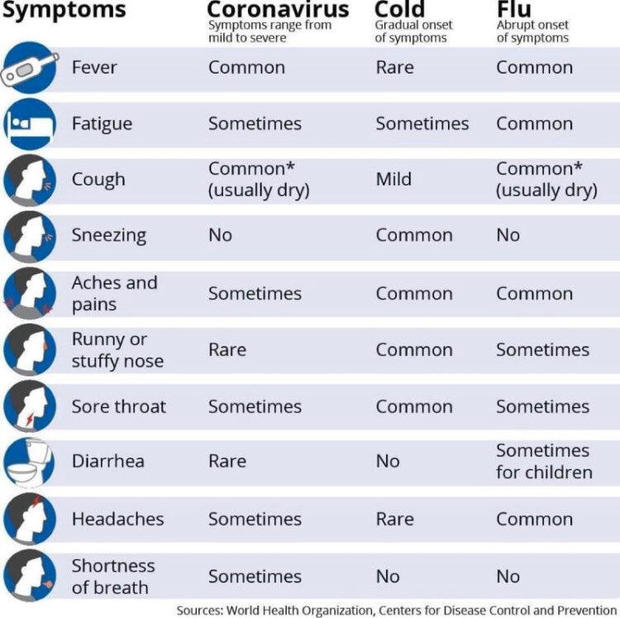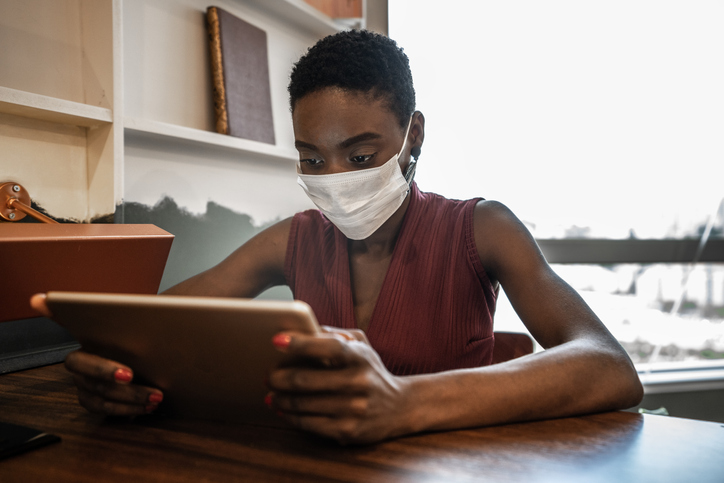Every day we wake up to the news that there’s significantly more cases of coronavirus around the world than the night before. This news can obviously be triggering and make you feel a bit paranoid.
“Is it just allergies, or is it the ‘rona?” is a question a lot of us are asking ourselves these days.
According to experts, you shouldn’t panic, but what exactly should you do if you’re experiencing symptoms of the COVID-19?
Dr. William Jaquis, president of the American College of Emergency Physicians (ACEP) tells CBS News, you should match your symptoms to those experienced by current COVID-19 patients.
The most common symptoms of the virus are fever, dry cough and shortness of breath.
Although a runny nose and sneezing aren’t symptoms of the virus, headaches, body aches, sore throat and fatigue may occur.

If you are experiencing these symptoms, there is no need to rush to the hospital — yet.
Try to treat your fever with acetaminophen (aka Tylenol) or try calling your primary care physician, experts say.
According to Adm. Brett Giroir, who is leading the Department of Health and Human Services, there are 1 million tests available and 2 million more will be coming over the next week with 5 million more a week later.
If you don’t have a primary care physician, you should phone your local health department in regards to being tested. It will take approximately 48 hours to get results from your test.
If you cannot breathe or feel like you’re going to faint, call 911 or head to the emergency room as recommended by ACEP.
There is currently no available cure for the coronavirus. The U.S. Centers for Disease Control and Prevention recommend staying hydrated, resting and staying home.
The best way to avoid contracting the coronavirus is to wash your hands frequently, avoid large groups of people, and to stay at home.
